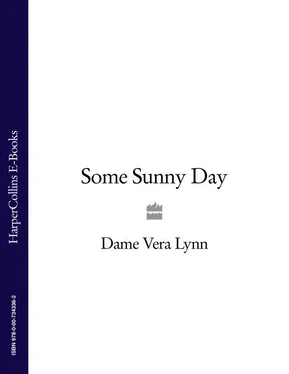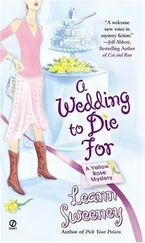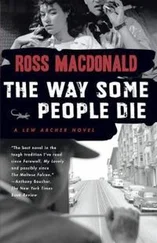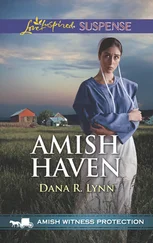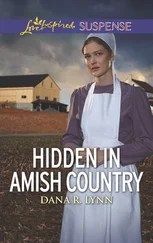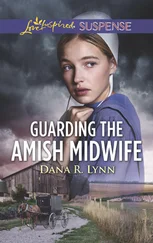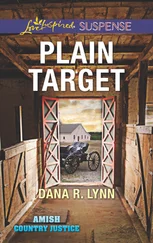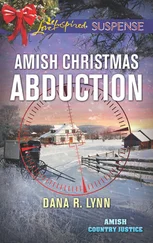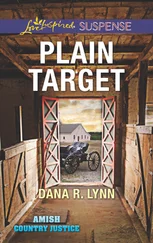The word ‘gig’ in those days nearly always meant just a one-night engagement. Musicians today seem to talk of almost any kind of job as a gig, even a long residency somewhere or a complete tour. But then ‘gigging around’ in essence meant doing musical odd jobs. It wasn’t anything like as lowly as it sounds, because back then in the 1930s, long before disco had been heard of and jukeboxes were still a rarity, the demand for live musical entertainment was tremendous and musicians would be booked to appear at anything from twenty-first birthday parties through weddings and firms’ dinners to large private and public dances—‘all functions’, just as the advert said.
Howard Baker began as a cornet and trumpet player, and found that he got so much work in the early twenties that he had to farm some of it out, so he set up an agency to supply bands to this greedy market. On a really busy night there could be anything up to a couple of dozen Howard Baker bands—in addition to the one he ran himself—keeping his name before the foxtrotting couples. Some of his bands went quite far afield, but since he was based in Ilford, his greatest fame was in the London area and the Thames-side Essex towns; as provider of the music for a function in Poplar, he was the obvious choice.
This meant that he and I were working the same patch. The clubs I worked at regularly, except for the ones on the Woolwich side of the river, lay within an area drawn between, say, Dagenham and Finsbury Park. Since I had some minor local fame in those parts, it’s quite possible that Howard Baker wasn’t unaware of me before the evening when he actually made a point of listening to me.
Poplar Baths doesn’t sound a particularly promising place for furthering a career—it was a bath house that was used for concerts and events in the winter months. I was booked to appear there in the cabaret spot at some social gathering or other, and the dance music was being provided by Howard Baker. Considering how important the occasion turned out to be, it seems awful to say now that I can’t remember who arranged it, but somebody had persuaded him to hear my act, so that while I was working I was doing a kind of audition. I knew in advance, because I remember being in tears over the fact that this was my big chance and I’d only gone and caught the most dreadful cold. And my colds really were distressing—still are, as a matter of fact—because that bout of diphtheric croup seemed to have left my bronchial tubes with a permanent coat of rust on them; at least, that’s what it feels like whenever I catch a cold. But I told myself that I’d got to go, and do my best. I suppose it’s adrenalin that sees you through situations like that, because cold or no cold, he seemed satisfied.
The microphone was another unexpected problem. Microphones weren’t in general use then, and this was the first time I’d ever had to work with one. I can see it now: I walked on to the stage and there was this thing, and at first I stood well back from it. It was then that I realized that if I were to use a microphone, I was going to have to start learning an entirely different technique. I had to find out how to employ it as an instrument, and make it work for me. I can’t have adapted myself too badly that night, for I went down well with the audience and Howard Baker took me on as vocalist with the band!
That brought about several changes right away, not the least of which was that I was now worth ten shillings an appearance. There was a great deal of learning and unlearning to be done. As a child performer—almost a novelty—I had literally acted out my songs dramatically (because I was sometimes billed as a ‘descriptive child vocalist’ I often did the full ‘Shepherd of the Hills’ gesticulating bit) and I had to unlearn all that. I was part of a band, and apart from the new experience of having to blend my voice with a whole lot of other instruments, it meant that while I was singing I had to stand still. Holding the microphone with one hand was a big help in that; but there was another convention of the period which made it easier than it might have been. You can imagine that a band playing all the popular tunes of the day was constantly adding new stuff to its book. With my dreadful slowness at learning an unfamiliar lyric, that would have been agony for me. But strangely enough, nobody minded seeing a vocalist standing there clutching a song sheet in those days, which not only helped me over the words problem but gave me something to do with my hands. When I wasn’t singing, of course, I had to sit or stand politely to one side.
It was the microphone itself, however, that was the revelation. I’d sung in some big places without one—none of our cinema gigs with the juvenile troupe, for instance, had ever involved a microphone—and had developed a pretty piercing sort of delivery. I learned very quickly to lower my volume, but I found out at the same time that that also meant lowering the pitch: as I reduced the pressure on my voice, so it simply dropped into a lower key. I was suddenly faced with a whole set of new keys to deal with.
I suppose I was young enough not to be consciously bothered by it all, for I didn’t seem to have any real difficulty in adapting myself to the needs of band singing. I’m sure there must have been some awkward moments, because having adjusted my approach to compensate for the microphone, I would still run into venues where there wasn’t one. In fact, with Howard Baker at the old Holborn Restaurant one night, I actually used a megaphone, which was a bit of a giggle, since I’d only ever seen one in a film—probably wielded by Rudy Vallée, an American singer and bandleader I loved. Using a megaphone is a very strange sensation, because while you’re having to sing your sentimental words, you know all the time that you look more like a rowing coach than a singer. It was all good training, and I’m especially glad that I had to discover for myself so early on what a microphone could do. For many years people complemented me on the way I used a microphone and I’m sure it’s because of what I learned back then.
As far as the public and the press were concerned, I wasn’t a singer though, I was a crooner. Anybody who sang with a dance band in the thirties was a crooner (soon they would even invent the word ‘croonette’, for there was no such thing as unisex in those days) and when I came to qualify for my first press cutting, towards the end of 1934, it was headed, with a great flourish, ‘STAR IN THE EAST—East Ham’s Latest Contribution to Crooning’. The crooner’s status was rather ambiguous, because while it was clear that no band could afford to be without one of each gender, band singers as a whole were treated very condescendingly by most of the press. ‘To many people “crooning” has become an insidious word relative to immediate action in switching off the wireless, walking out of the cinema or smashing up the gramophone,’ the East Ham Echo said at one point in the piece about me. Admittedly it found me ‘not guilty’ of whatever it was that people found so objectionable about crooners, but the fact that the remark was there at all, in an otherwise complimentary article, suggests that the poor crooner was the current whipping boy or girl and was probably held responsible for the country going to the dogs.
I’d been singing with Howard Baker’s various bands for close on two years when that piece appeared, and he’d kept me very busy indeed. I still did the occasional solo date, but I was getting most of my work from him. He had enough bands out at any given time for it to be possible sometimes to do more than one appearance for him in the course of an evening, and I would get ten shillings for each.
With work coming in at that rate it made sense to have a telephone put in the house, which was a big thing in those days. It was one of those old-fashioned telephones with two parts, one for your ear and one to speak into. It had the dial on the base and it was black. When you picked up the phone to make a call, you spoke directly to the operator and gave them your number. Ours started with Grosvenor and then a fourdigit number. Having a phone was very exciting, and for some reason we had it in the front parlour, by the fireplace. (Actually, that wasn’t such a bad idea, now I come to think of it. Next to the bathroom, if you had one—we didn’t—the coldest place in an English house in those days was the hall, yet the telephone was always stuck out there among the hats and coats.) It was decidedly a necessity and not a luxury, for Howard would often call me at very short notice to go and sing with one of his bands somewhere, and soon I couldn’t have got along without it. Grangewood 380-something, the number was, and it’s sad to think that those pretty exchange names have gone now, and been replaced with these long numbers which are impossible to remember.
Читать дальше
